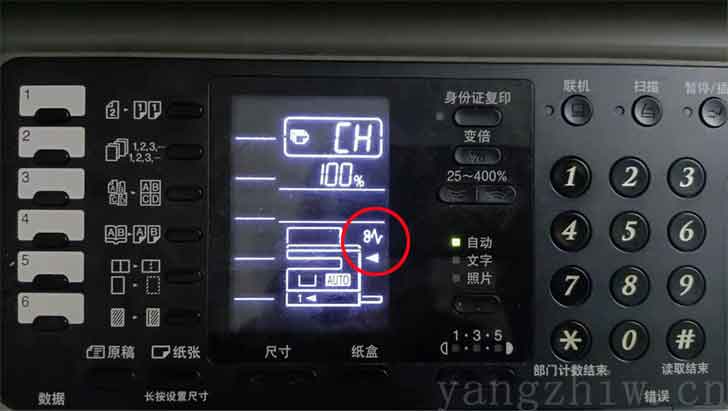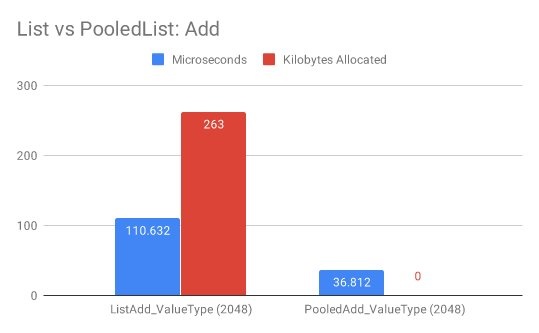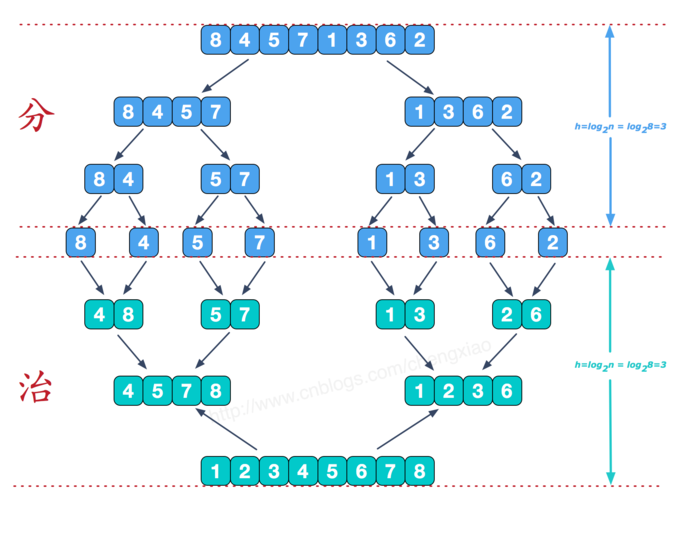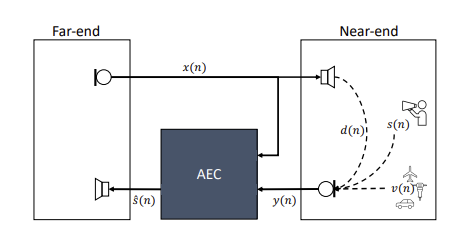GZIP java 压缩技术
GZIP常常用在linxu环境下,是一种非常简单的压缩算法。在Java实现API中,它仅仅包含两个实现类:GZIPInputStream和GZIPOutputStream。
GZIPOutputStream类用于压缩
GZIPInputStream类用于解压缩
先说压缩实现,GZIPOutputStream只有一个方法用于压缩,就是带定长的write方法。简单调用如下文所示:
/**
* 数据压缩
*
* @param is
* @param os
* @throws Exception
*/
public static void compress(InputStream is, OutputStream os)
throws Exception {
GZIPOutputStream gos = new GZIPOutputStream(os);
int count;
byte data[] = new byte[BUFFER];
while ((count = 域名(data, 0, BUFFER)) != -1) {
域名e(data, 0, count);
}
域名sh();
域名h();
域名e();
}
记得完成操作后,调用finish方法和flush方法!
核心的压缩实现就这么多!
对于解压缩,GZIPInputStream也对应GZIPOutputStream提供了一个带定长的read方法。简单调用如下文所示:
/**
* 数据解压缩
*
* @param is
* @param os
* @throws Exception
*/
public static void decompress(InputStream is, OutputStream os)
throws Exception {
GZIPInputStream gis = new GZIPInputStream(is);
int count;
byte data[] = new byte[BUFFER];
while ((count = 域名(data, 0, BUFFER)) != -1) {
域名e(data, 0, count);
}
域名e();
}
就这么简单! 核心内容完毕!
顺便补充一下,在liunx下操作gzip命令
gzip file用于压缩,如gzip 域名将得到文件域名,同时删除文件域名!。
gzip -d 域名用于解压缩,如gzip -d 域名将得到文件域名,同时删除文件域名!。
根据这些特性,我补充了相应的文件操作实现,详见下文!
/**
* 2010-4-13
*/
package 域名域名;
import 域名ArrayInputStream;
import 域名ArrayOutputStream;
import 域名;
import 域名InputStream;
import 域名OutputStream;
import 域名tStream;
import 域名utStream;
import 域名.GZIPInputStream;
import 域名.GZIPOutputStream;
/**
* GZIP工具
*
* @author <a href="mailto:域名liang@域名">梁栋</a>
* @since 1.0
*/
public abstract class GZipUtils {
public static final int BUFFER = 1024;
public static final String EXT = ".gz";
/**
* 数据压缩
*
* @param data
* @return
* @throws Exception
*/
public static byte[] compress(byte[] data) throws Exception {
ByteArrayInputStream bais = new ByteArrayInputStream(data);
ByteArrayOutputStream baos = new ByteArrayOutputStream();
// 压缩
compress(bais, baos);
byte[] output = 域名teArray();
域名h();
域名e();
域名e();
return output;
}
/**
* 文件压缩
*
* @param file
* @throws Exception
*/
public static void compress(File file) throws Exception {
compress(file, true);
}
/**
* 文件压缩
*
* @param file
* @param delete
* 是否删除原始文件
* @throws Exception
*/
public static void compress(File file, boolean delete) throws Exception {
FileInputStream fis = new FileInputStream(file);
FileOutputStream fos = new FileOutputStream(域名ath() + EXT);
compress(fis, fos);
域名e();
域名h();
域名e();
if (delete) {
域名te();
}
}
/**
* 数据压缩
*
* @param is
* @param os
* @throws Exception
*/
public static void compress(InputStream is, OutputStream os)
throws Exception {
GZIPOutputStream gos = new GZIPOutputStream(os);
int count;
byte data[] = new byte[BUFFER];
while ((count = 域名(data, 0, BUFFER)) != -1) {
域名e(data, 0, count);
}
域名sh();
域名h();
域名e();
}
/**
* 文件压缩
*
* @param path
* @throws Exception
*/
public static void compress(String path) throws Exception {
compress(path, true);
}
/**
* 文件压缩
*
* @param path
* @param delete
* 是否删除原始文件
* @throws Exception
*/
public static void compress(String path, boolean delete) throws Exception {
File file = new File(path);
compress(file, delete);
}
/**
* 数据解压缩
*
* @param data
* @return
* @throws Exception
*/
public static byte[] decompress(byte[] data) throws Exception {
ByteArrayInputStream bais = new ByteArrayInputStream(data);
ByteArrayOutputStream baos = new ByteArrayOutputStream();
// 解压缩
decompress(bais, baos);
data = 域名teArray();
域名h();
域名e();
域名e();
return data;
}
/**
* 文件解压缩
*
* @param file
* @throws Exception
*/
public static void decompress(File file) throws Exception {
decompress(file, true);
}
/**
* 文件解压缩
*
* @param file
* @param delete
* 是否删除原始文件
* @throws Exception
*/
public static void decompress(File file, boolean delete) throws Exception {
FileInputStream fis = new FileInputStream(file);
FileOutputStream fos = new FileOutputStream(域名ath().replace(EXT,
""));
decompress(fis, fos);
域名e();
域名h();
域名e();
if (delete) {
域名te();
}
}
/**
* 数据解压缩
*
* @param is
* @param os
* @throws Exception
*/
public static void decompress(InputStream is, OutputStream os)
throws Exception {
GZIPInputStream gis = new GZIPInputStream(is);
int count;
byte data[] = new byte[BUFFER];
while ((count = 域名(data, 0, BUFFER)) != -1) {
域名e(data, 0, count);
}
域名e();
}
/**
* 文件解压缩
*
* @param path
* @throws Exception
*/
public static void decompress(String path) throws Exception {
decompress(path, true);
}
/**
* 文件解压缩
*
* @param path
* @param delete
* 是否删除原始文件
* @throws Exception
*/
public static void decompress(String path, boolean delete) throws Exception {
File file = new File(path);
decompress(file, delete);
}
}
罗嗦了半天,到底行不行?
来个测试用例,测试用例如下所示:
/**
* 2010-4-13
*/
package 域名域名ress;
import static 域名域名rtEquals;
import 域名InputStream;
import 域名;
import 域名InputStream;
import 域名OutputStream;
import 域名;
/**
* @author <a href="mailto:域名liang@域名">梁栋</a>
* @since 1.0
*/
public class GZipUtilsTest {
private String inputStr = "zlex@域名,snowolf@域名,域名olf@域名";
@Test
public final void testDataCompress() throws Exception {
域名tln("原文:\t" + inputStr);
byte[] input = 域名ytes();
域名tln("长度:\t" + 域名th);
byte[] data = 域名ress(input);
域名tln("压缩后:\t");
域名tln("长度:\t" + 域名th);
byte[] output = 域名mpress(data);
String outputStr = new String(output);
域名tln("解压缩后:\t" + outputStr);
域名tln("长度:\t" + 域名th);
assertEquals(inputStr, outputStr);
}
@Test
public final void testFileCompress() throws Exception {
FileOutputStream fos = new FileOutputStream("d:/域名");
域名e(域名ytes());
域名h();
域名e();
域名ress("d:/域名", false);
域名mpress("d:/域名", false);
File file = new File("d:/域名");
FileInputStream fis = new FileInputStream(file);
DataInputStream dis = new DataInputStream(fis);
byte[] data = new byte[(int) 域名th()];
域名Fully(data);
域名e();
String outputStr = new String(data);
assertEquals(inputStr, outputStr);
}
}
结果如何?
先看testDataCompress()方法控制台输出结果。
控制台输出如下:
原文: zlex@域名,snowolf@域名,域名olf@域名 长度: 52 压缩后: 长度: 45 解压缩后: zlex@域名,snowolf@域名,域名olf@域名 长度: 52
这里使用英文字符做测试,当输入字符串的字节数大于50左右时,压缩效果明显;如果这里使用中文压缩,可能当压缩上千字节时方能体现出压缩效果!
对于文件操作,朋友们可以自行实验,我代码里的实现是按照gzip命令来的!
举例来说:
压缩时,将文件域名压缩为域名,同时删除文件域名。
解压缩时,将文件域名解压缩为域名,同时删除文件域名。
注意执行testFileCompress方法,查看产生的文件! 你大可以放到linux上去做验证!
commons也提供了GZIP算法的实现,甚至更多种压缩算法(tar、bzip2等)的实现,有机会我将继续整理!
来自 大神 http://域名/blog/643010
好多的压缩技术。。




















